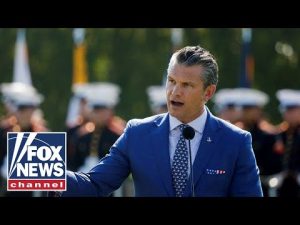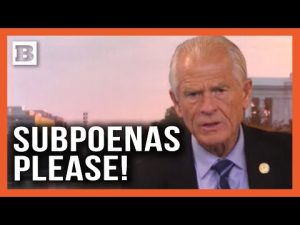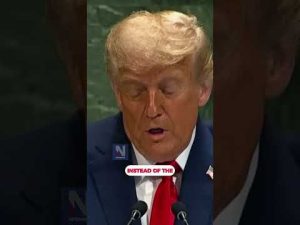In a surprising twist, a prominent leader recently took to the stage to boast about achieving something no one thought possible—ending seven conflicts in just seven months. Many deemed these wars “unendable,” a daunting label that seemed to fit them like a well-worn glove. Yet, against all odds, this leader has made history by accomplishing what had eluded not only other presidents and prime ministers but also the international community, including the much-cited United Nations. He proudly declared that such a feat had never happened before, and in his eyes, it reflected his unique capabilities, much to the admiration of his supporters.
The audience listened intently as he recounted the steps taken to reach these groundbreaking agreements. He firmly stated that he engaged directly with the leaders of each country involved, making deals that the experts claimed couldn’t be made. In a world where diplomacy is often described as a delicate balancing act, this leader insists that a bold and decisive approach was the key to his success. He stressed, with a hint of disappointment, that the United Nations, a body established precisely for promoting peace, did little to assist in these negotiations. Instead of a robust alliance, he felt underwhelmed by their response, likening it to an escalator that only worked halfway.
In a humorous aside, he shared a personal anecdote involving a malfunctioning escalator and a malfunctioning teleprompter during his meetings. Those two scenarios, he joked, were the extent of support he received from the United Nations—an escalator that could have led to disaster and a teleprompter that seemingly had a mind of its own. Thankfully, both he and the First Lady are in excellent shape, ready to handle any unexpected situations, including a surprise detour due to faulty equipment. However, the metaphor was crystal clear: when it came to international aid, he had received nothing of substantial value.
As this leader celebrated his achievements, he emphasized the importance of taking action even when others hesitate. His assertive style and willingness to engage directly with global leaders mark a departure from traditional approaches that often involve lengthy discussions and delays. He illustrated that while the UN is supposed to be a powerful player in global peacekeeping, it was his tenacity and willingness to step into the fray that accomplished the impossible.
This narrative serves as a reminder that leadership can look very different from one individual to another. Some may prefer a cautious approach, diligently weighing all options, while others thrive on a more hands-on strategy, diving headfirst into challenges. In this case, it seems that the latter was the winning formula, leaving the nation buzzing with the excitement of restored hope and a new perspective on what leadership can achieve. Only time will tell what comes next, but for now, the world has witnessed a remarkable chapter in the ongoing story of peace and diplomacy.







